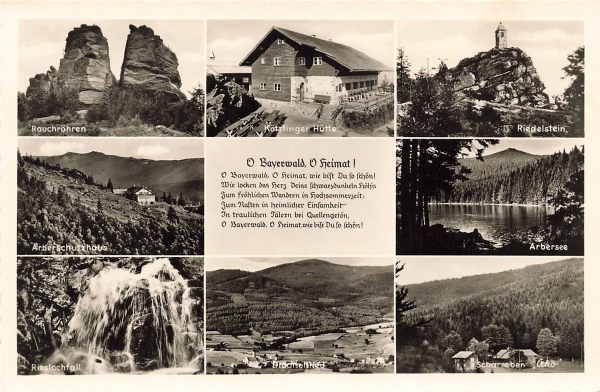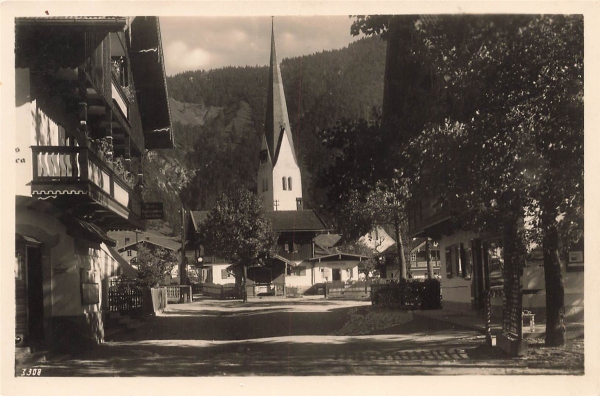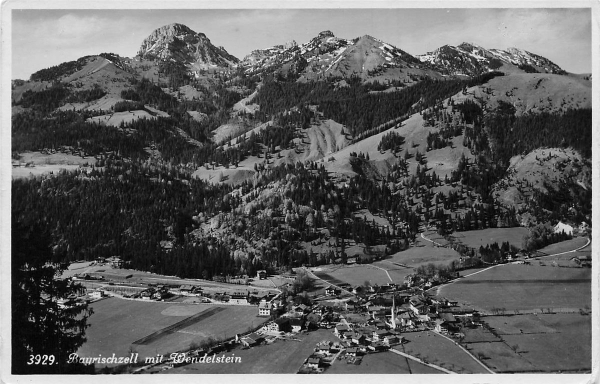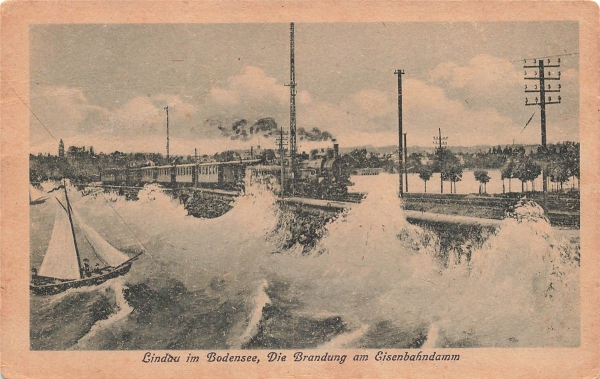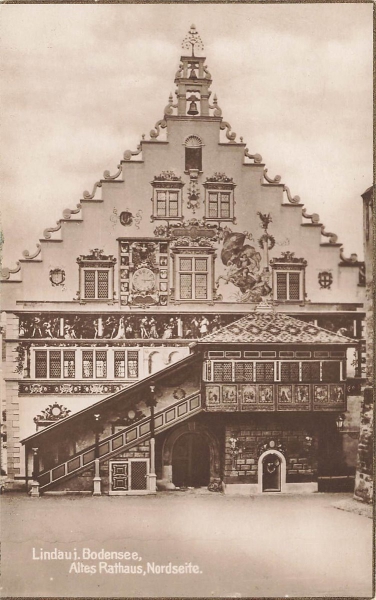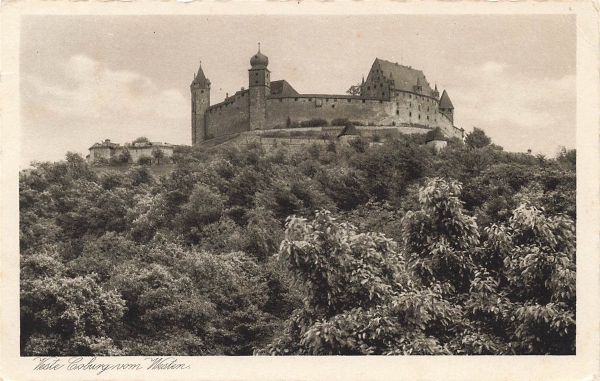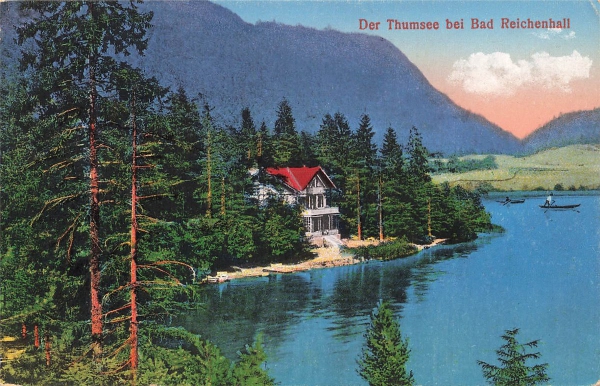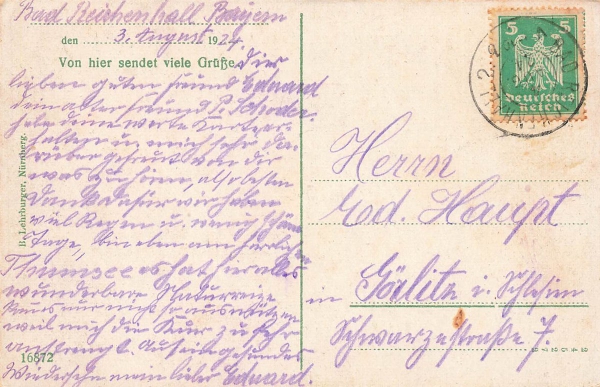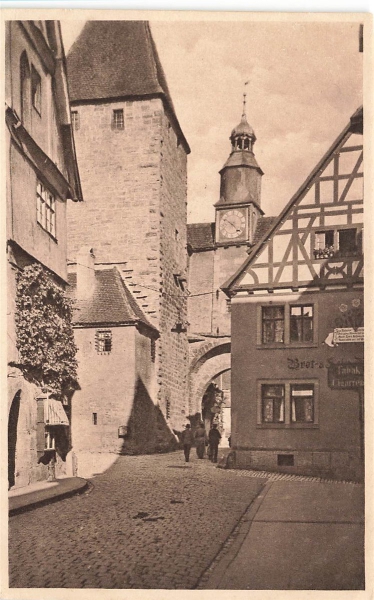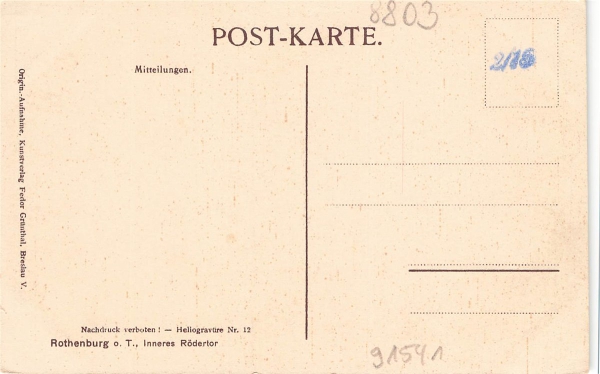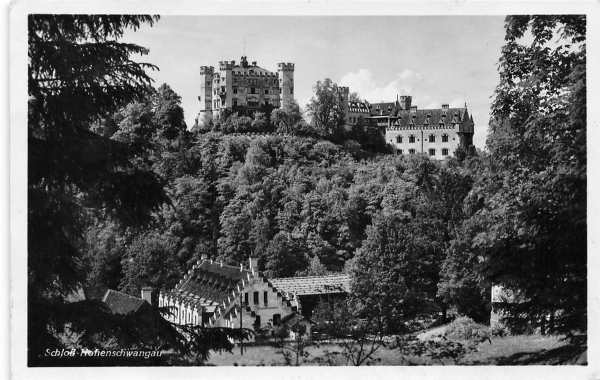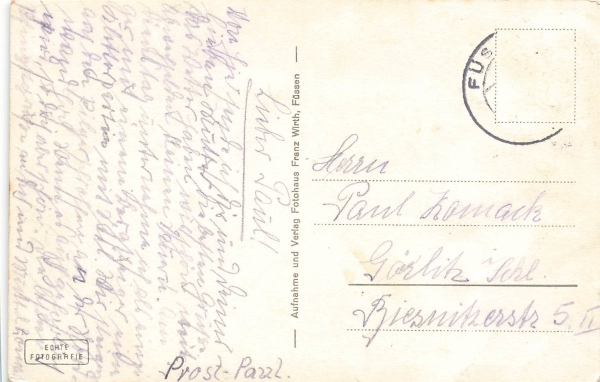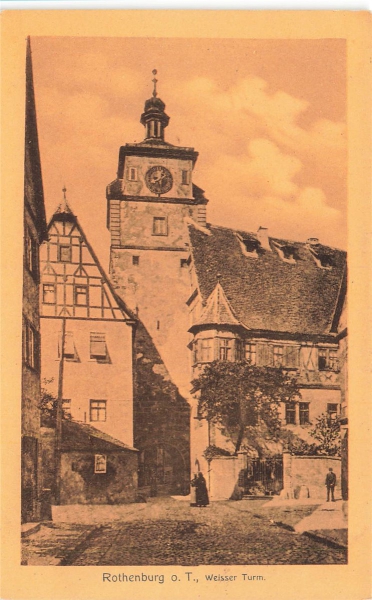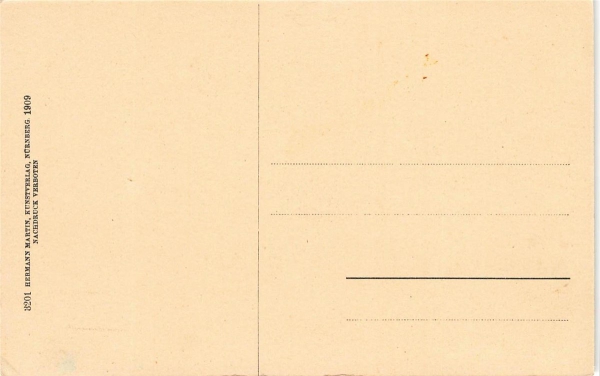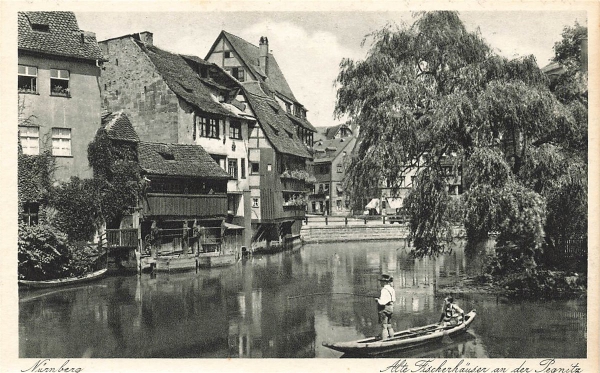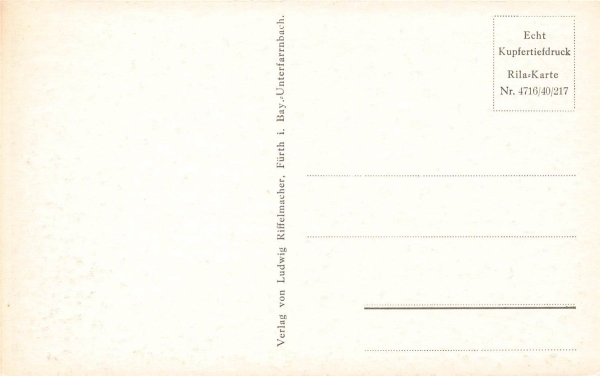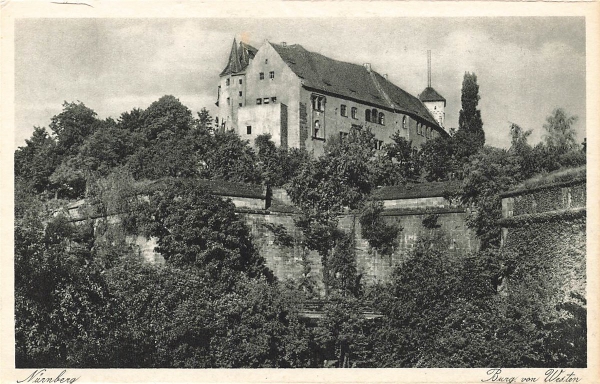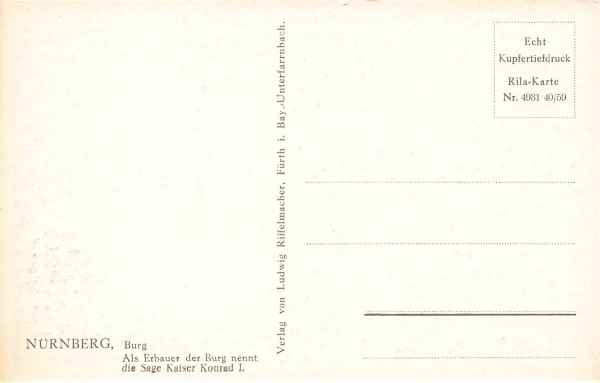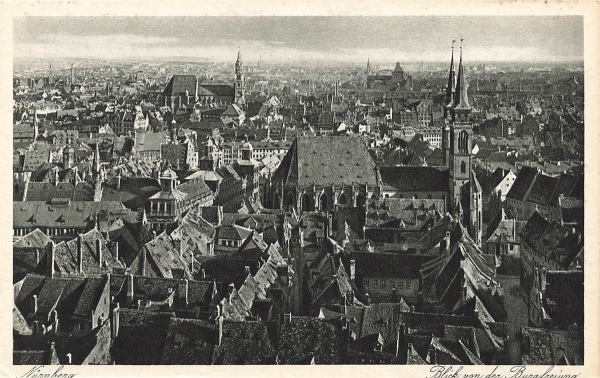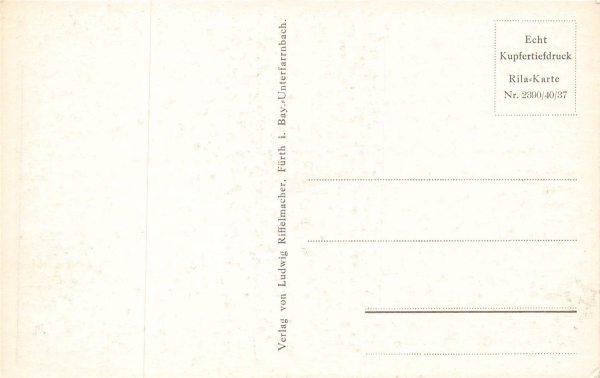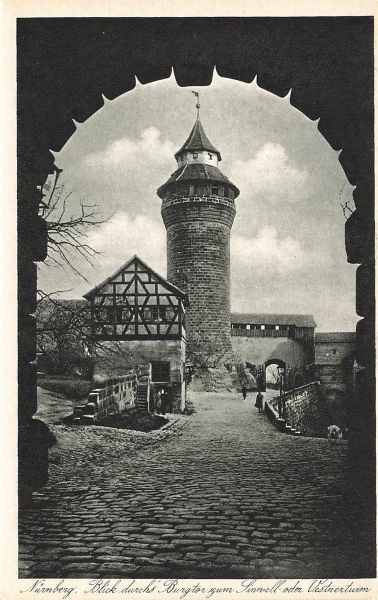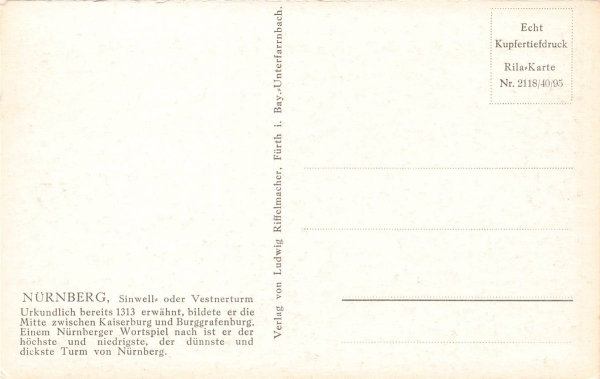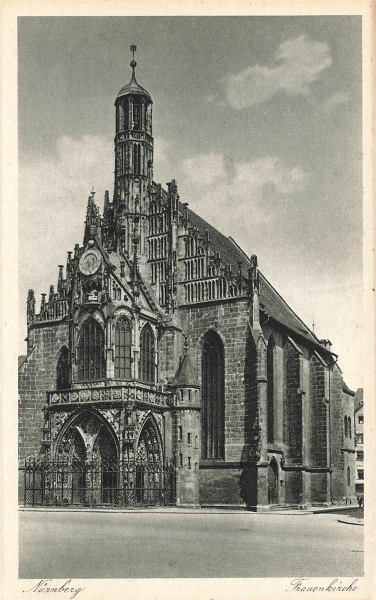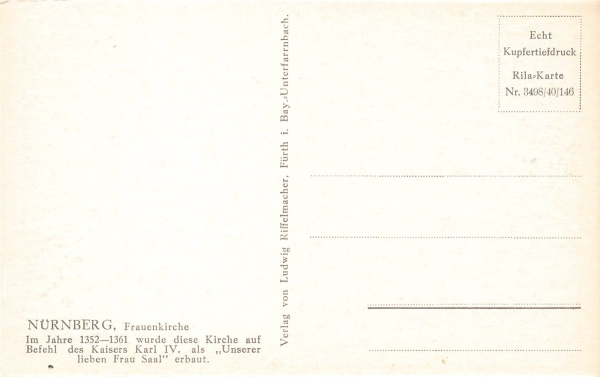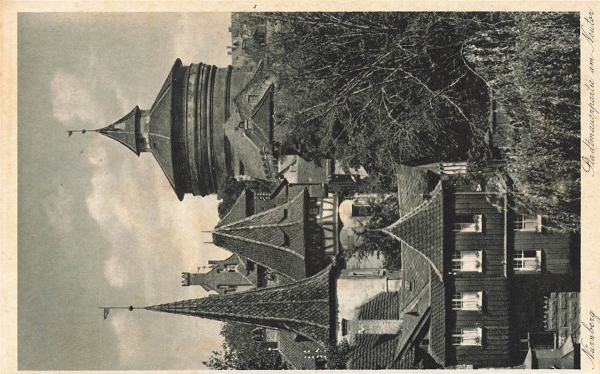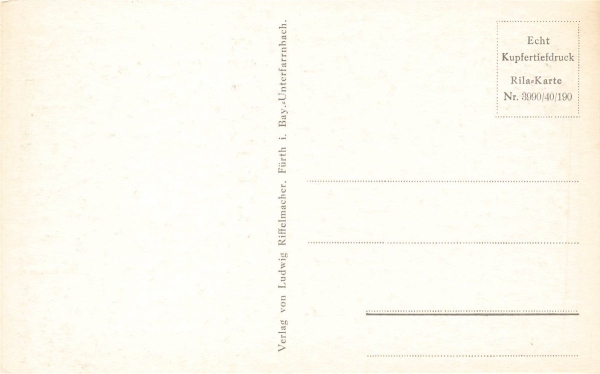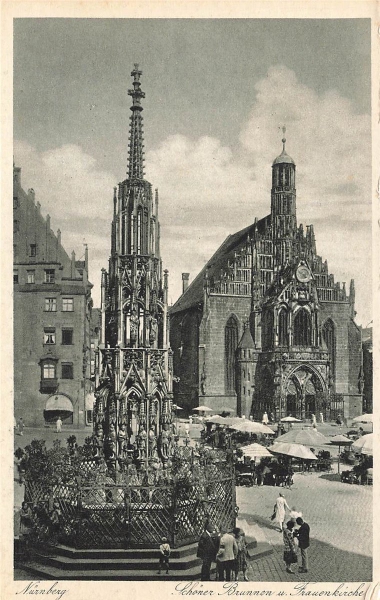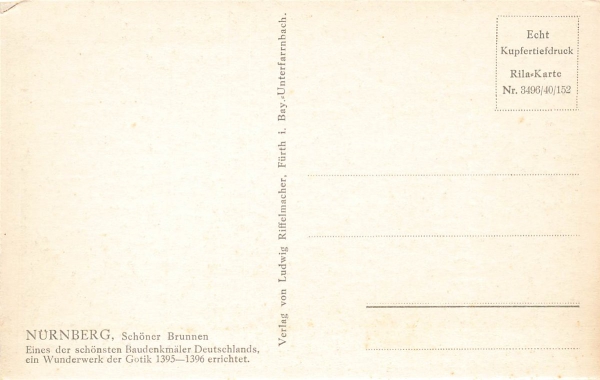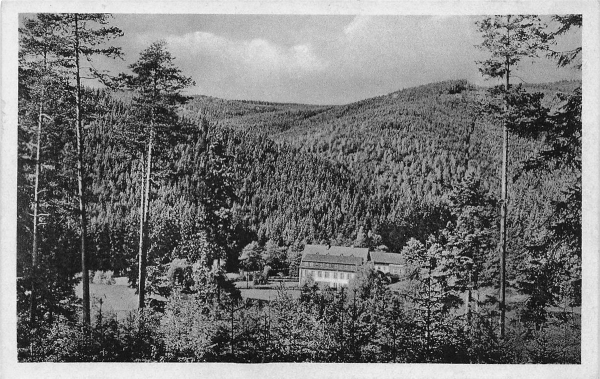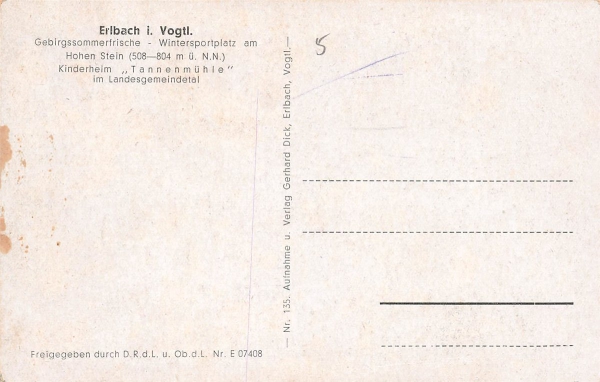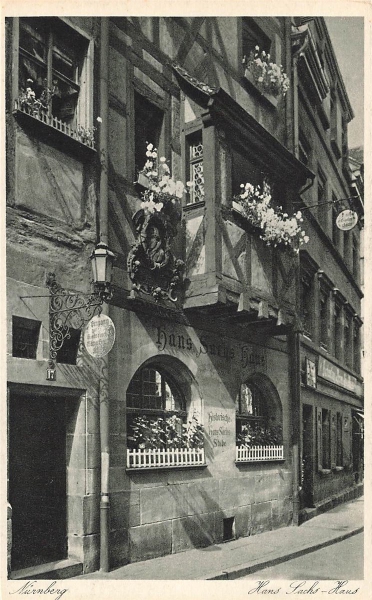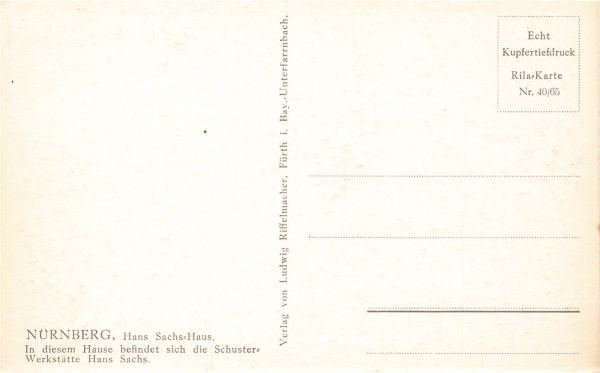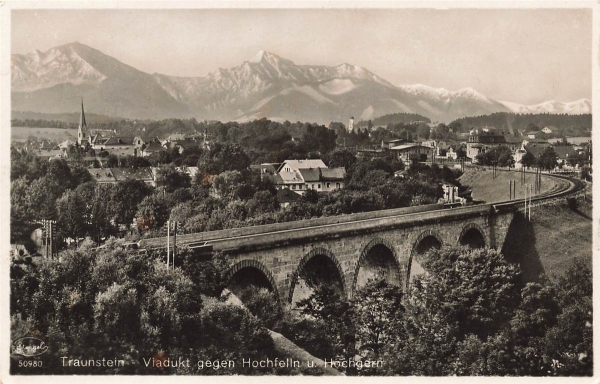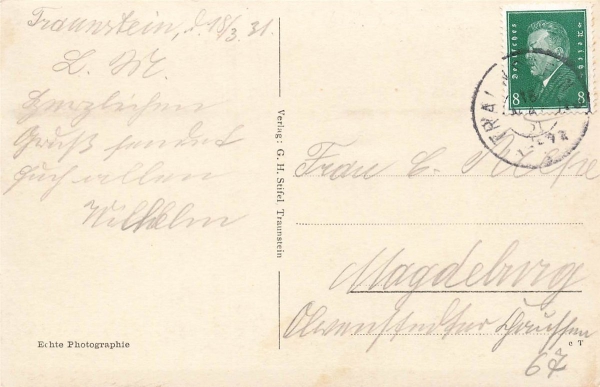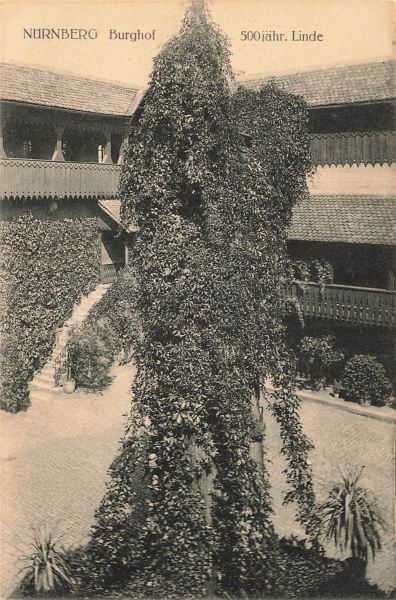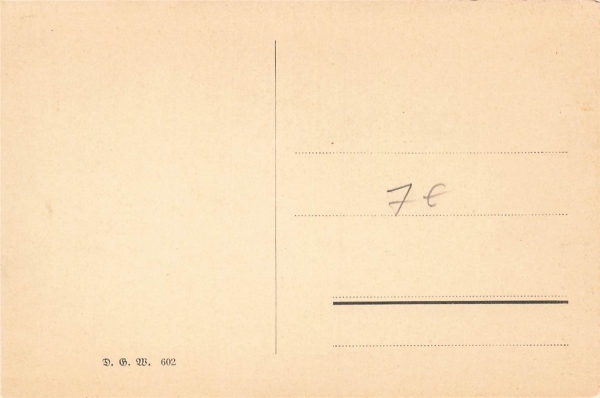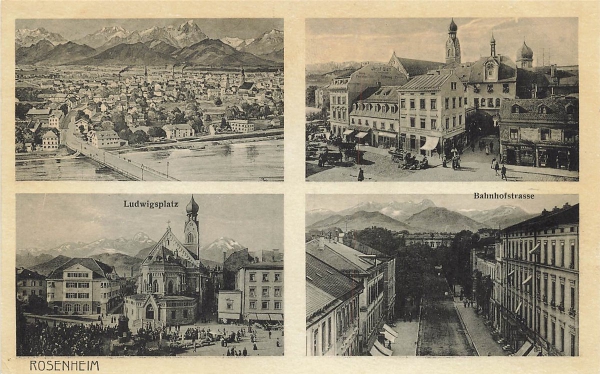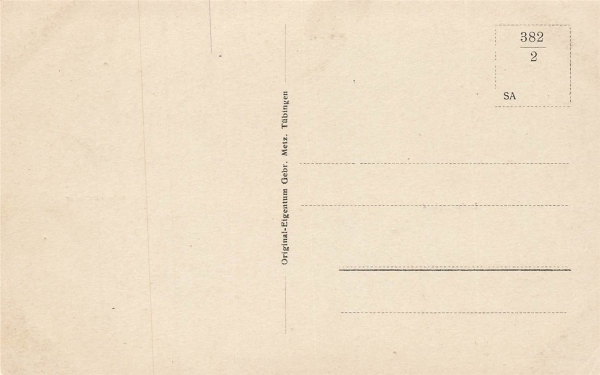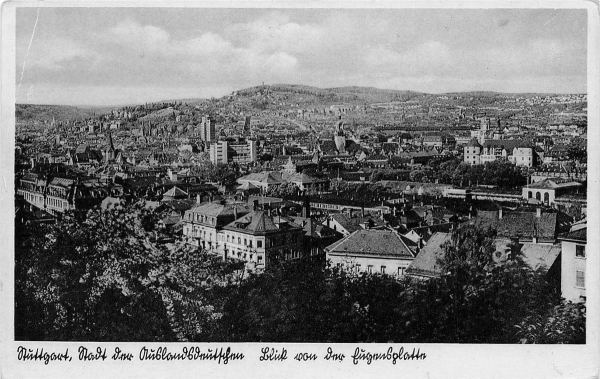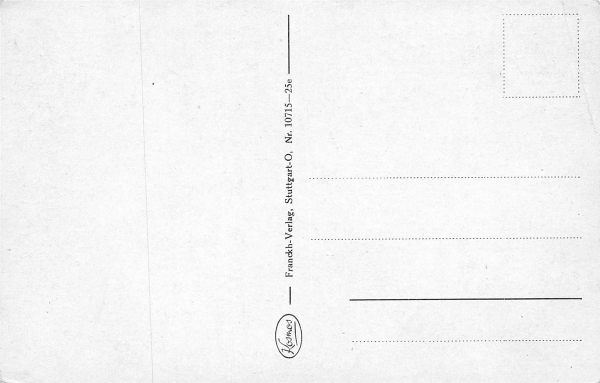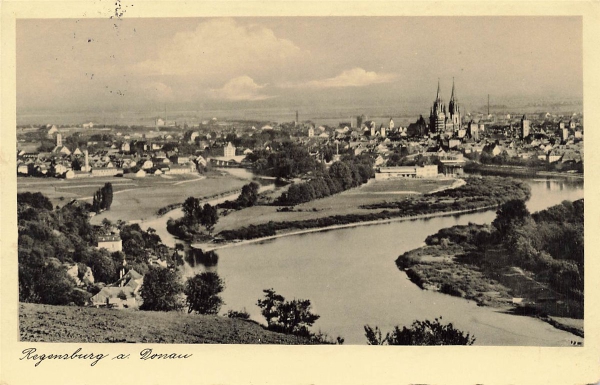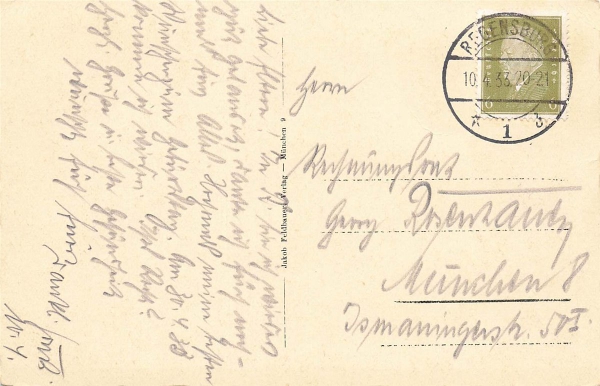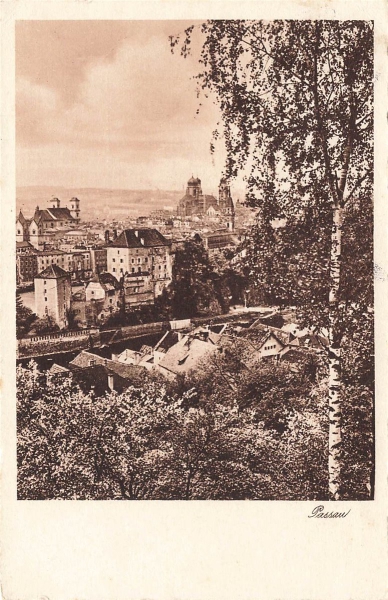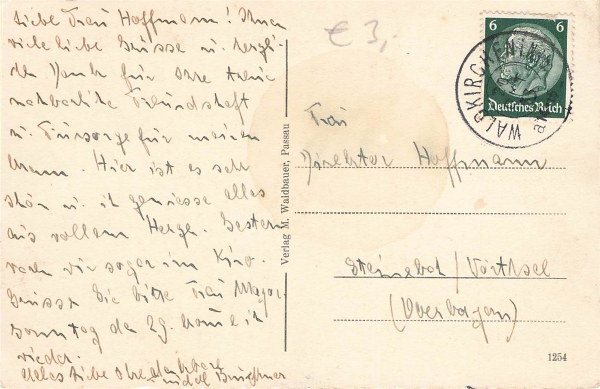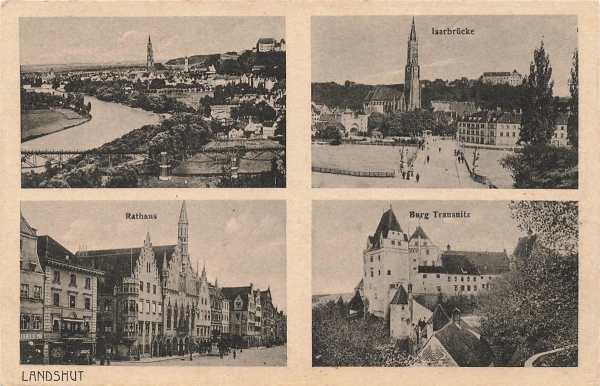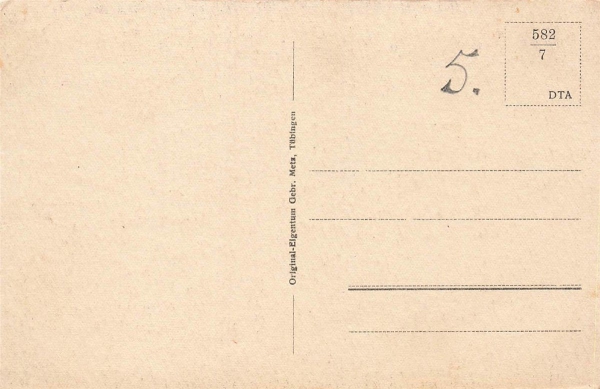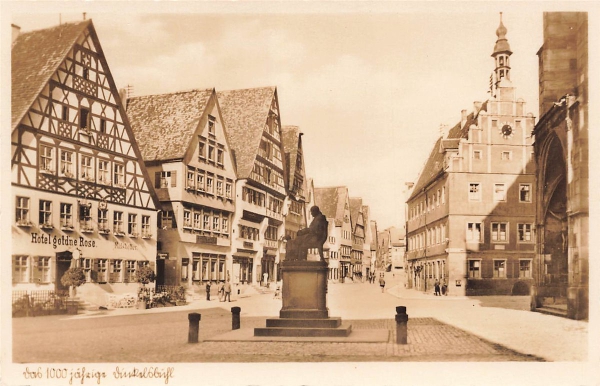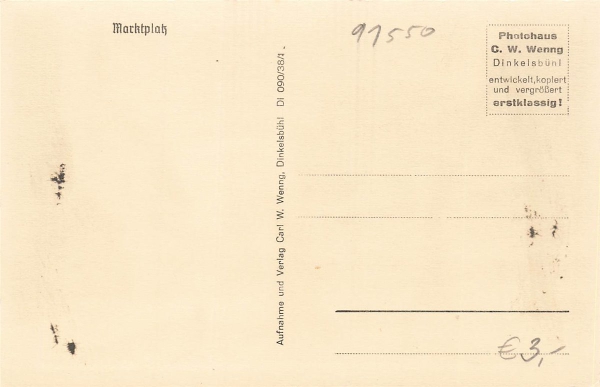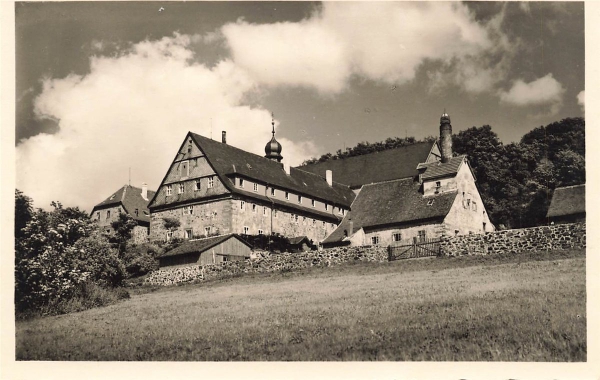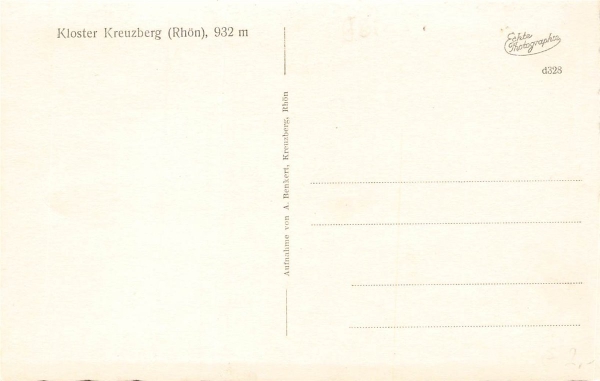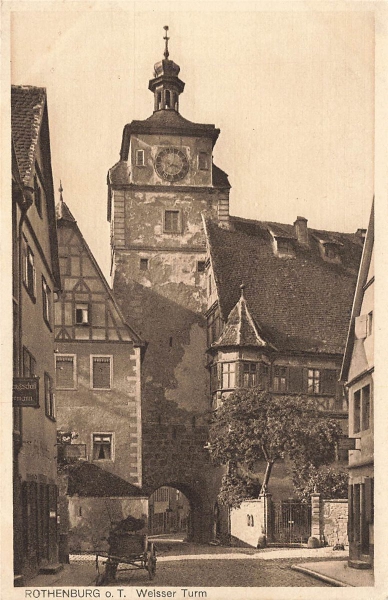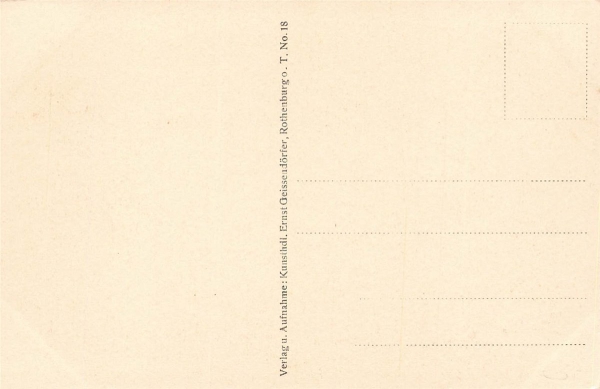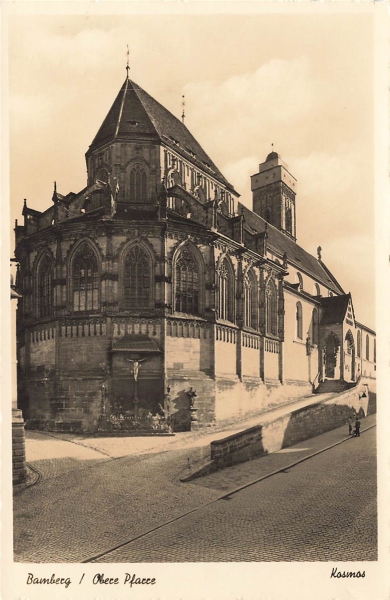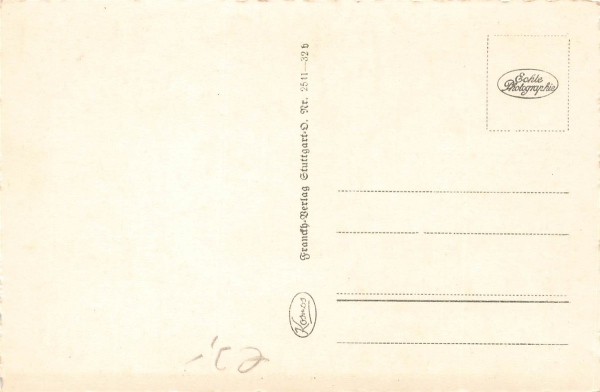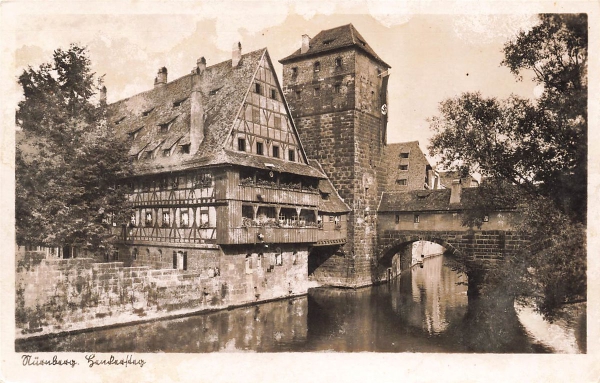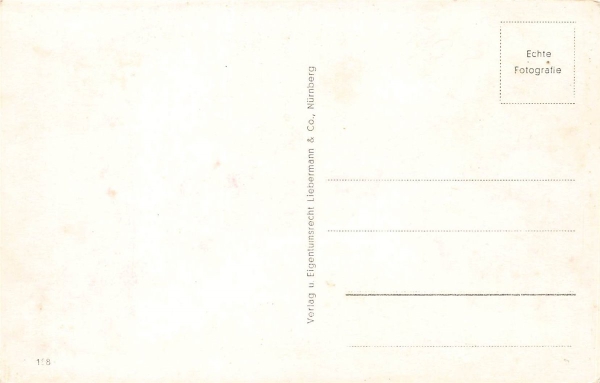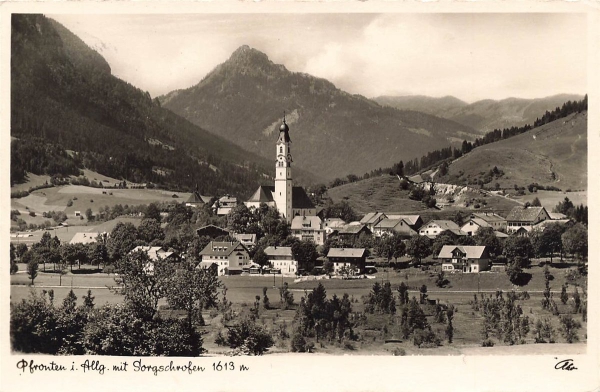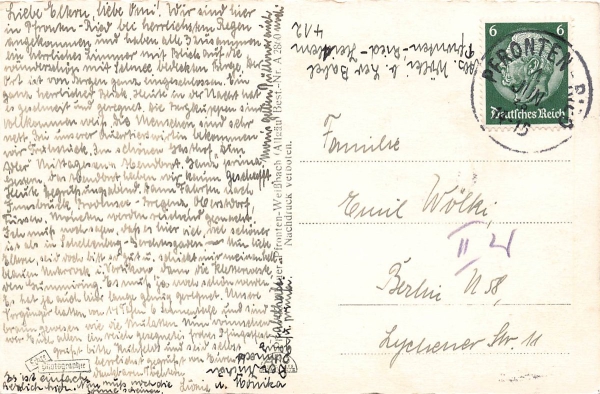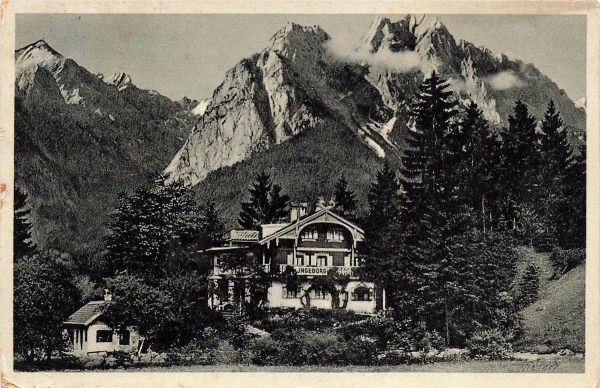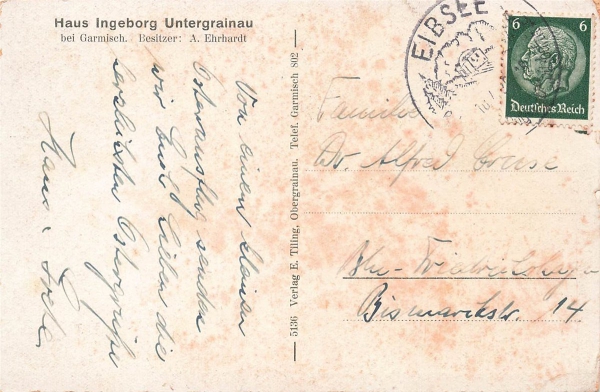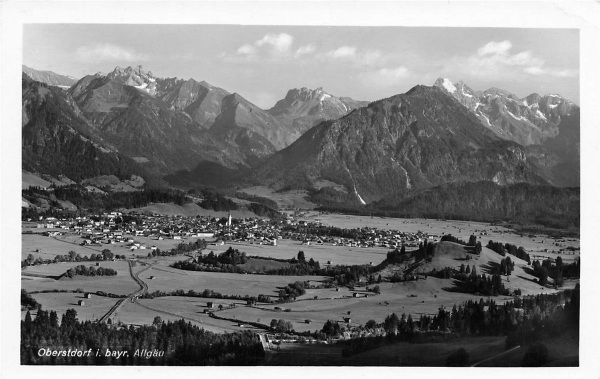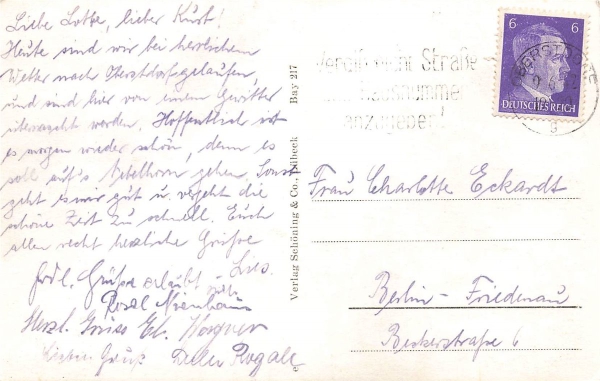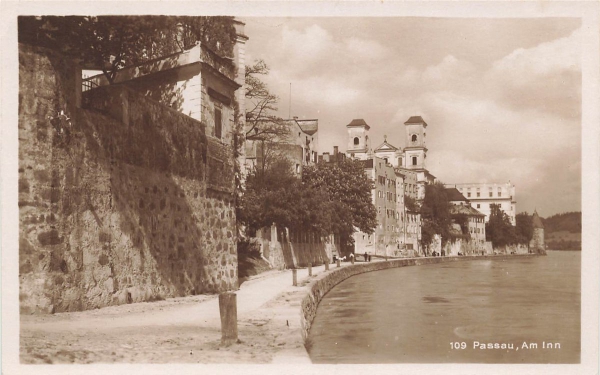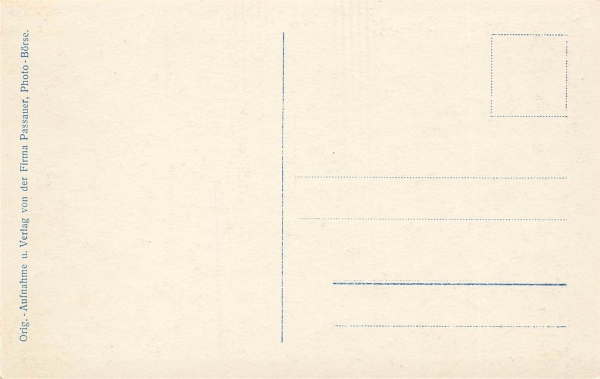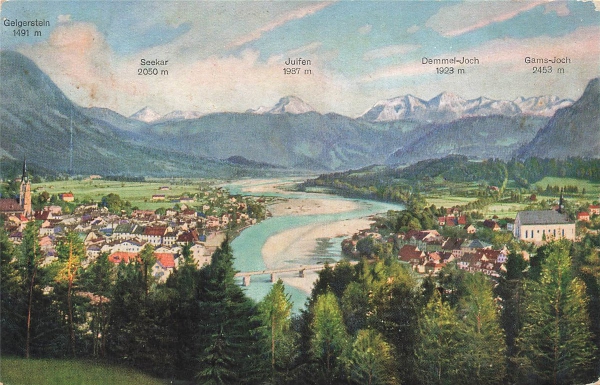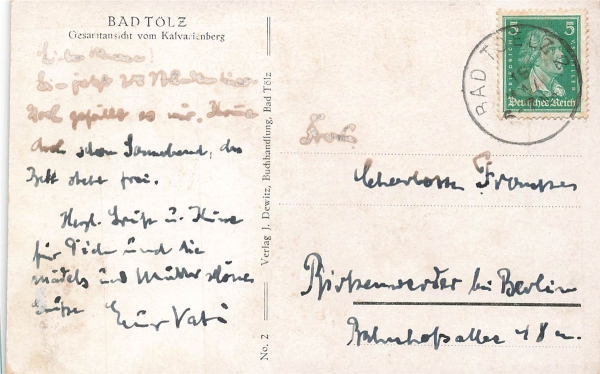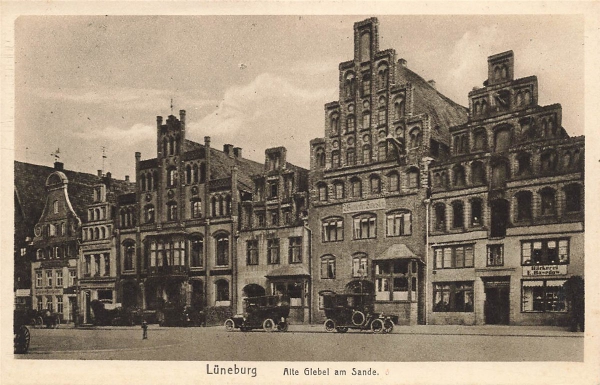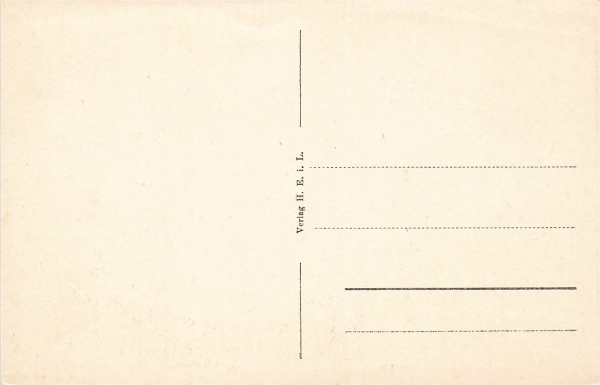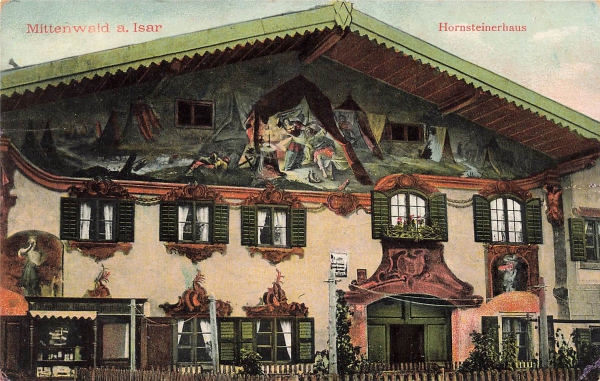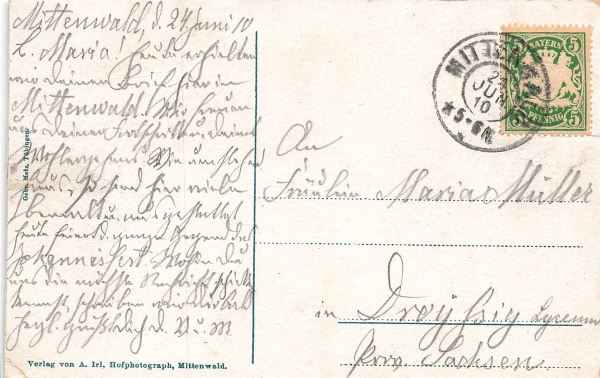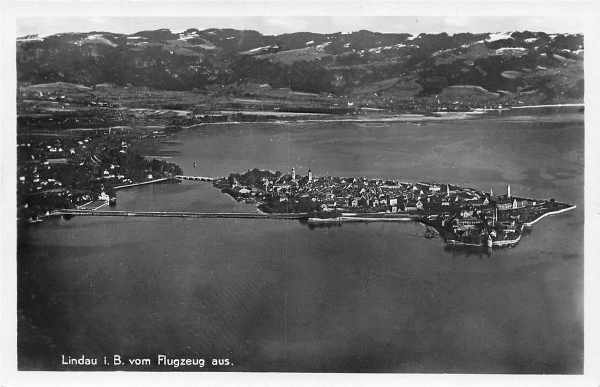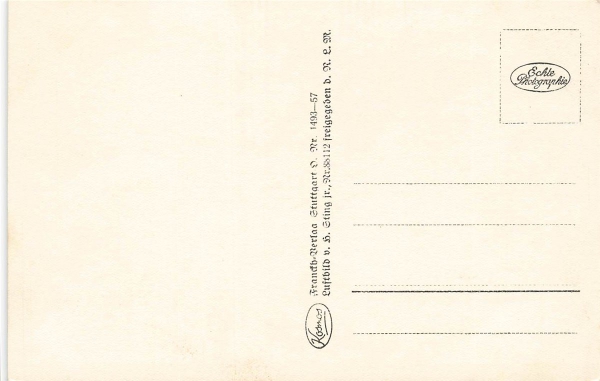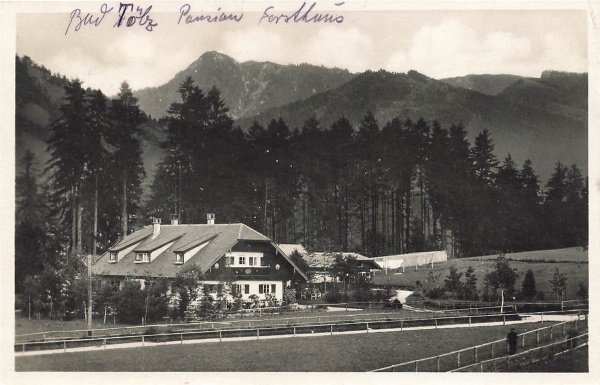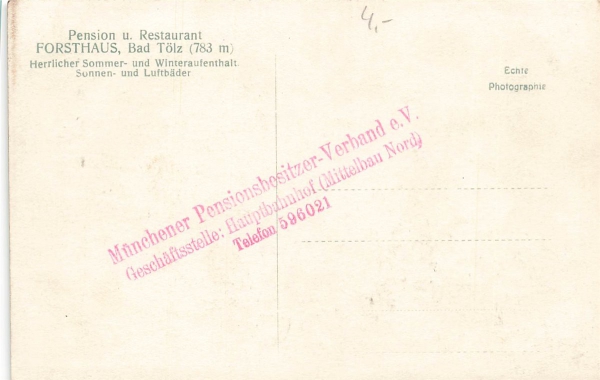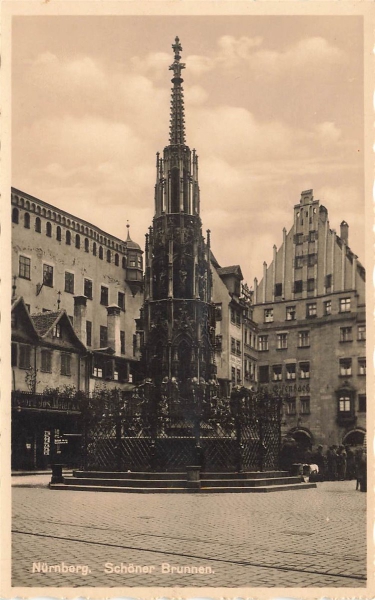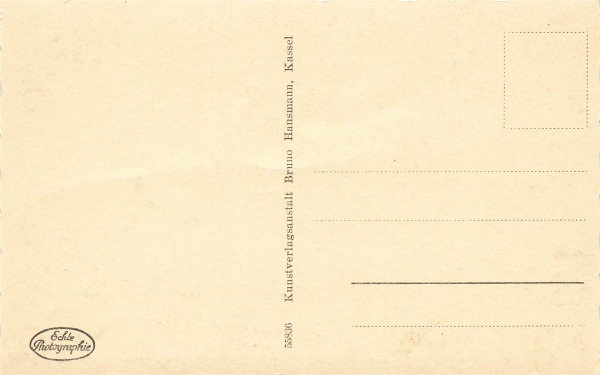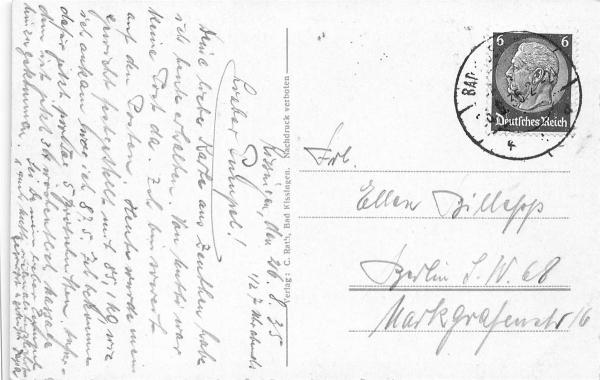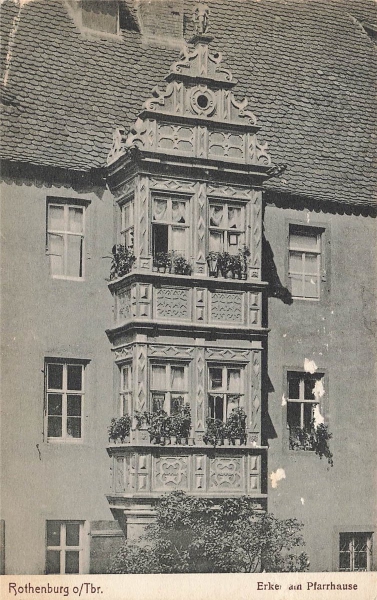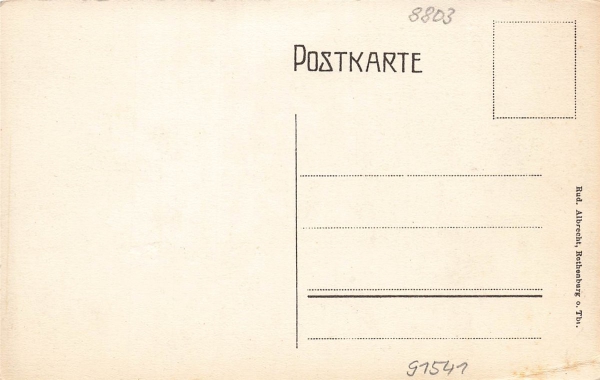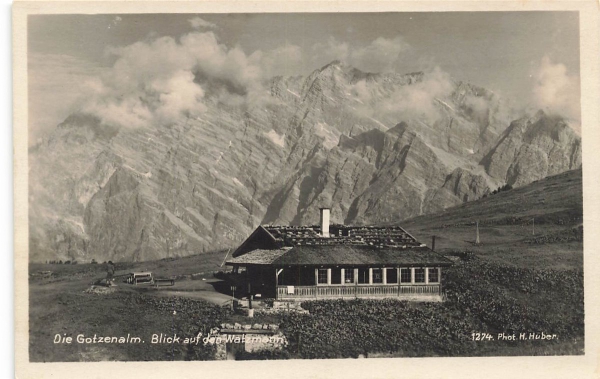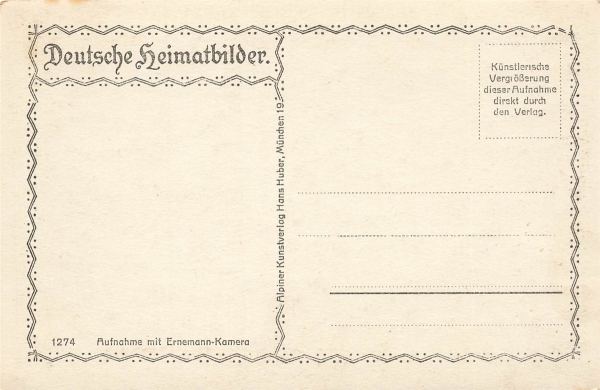Bayern
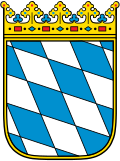 The Free State of Bavaria, Bavaria for short, is the largest of the 16 federal states of the Federal Republic of Germany and is located in the south-east. With around 13.2 million inhabitants, it is the second most populous federal state. The state capital and most populous city is Munich with around 1.5 million inhabitants. Bavaria has been called Free State since 1918 when it was proclaimed a republic and the associated end of the Kingdom of Bavaria. As early as 555 AD, and thus around 500 years before the term German was used in today's sense, the older Bavarian tribal duchy, which became part of the Frankish dominion, has been proven. Under the Carolingians, a Bavarian kingdom was established for the first time. After the end of the Carolingian rule, Bavarian autonomy increased in the younger Bavarian tribal duchy. With the beginning of the Wittelsbach rule in 1180, the transition to a territorial state followed. They ruled Bavaria for over 700 years until 1918. Bavaria was an electorate of the Holy Roman Empire and from 1806 a kingdom. With the constitutions of 1808 and 1818, Bavaria became a constitutional monarchy. As one of the victorious powers, Bavaria was able to keep a large part of the territorial gains at the Congress of Vienna in 1814; Among other things, parts of Franconia, Swabia and the newly created Palatinate on the left bank of the Rhine came to Bavaria. In 1918 the Wittelsbach monarchy collapsed in the November Revolution. In the Weimar Republic, Bavaria largely lost its reservation rights in favor of the Reich. After the Nazi seizure of power, all political possibilities in Bavaria, including the Bavarian state parliament and Bavarian citizenship, were gradually eliminated. The American occupying power officially restored Bavaria as an independent state in 1945
The Free State of Bavaria, Bavaria for short, is the largest of the 16 federal states of the Federal Republic of Germany and is located in the south-east. With around 13.2 million inhabitants, it is the second most populous federal state. The state capital and most populous city is Munich with around 1.5 million inhabitants. Bavaria has been called Free State since 1918 when it was proclaimed a republic and the associated end of the Kingdom of Bavaria. As early as 555 AD, and thus around 500 years before the term German was used in today's sense, the older Bavarian tribal duchy, which became part of the Frankish dominion, has been proven. Under the Carolingians, a Bavarian kingdom was established for the first time. After the end of the Carolingian rule, Bavarian autonomy increased in the younger Bavarian tribal duchy. With the beginning of the Wittelsbach rule in 1180, the transition to a territorial state followed. They ruled Bavaria for over 700 years until 1918. Bavaria was an electorate of the Holy Roman Empire and from 1806 a kingdom. With the constitutions of 1808 and 1818, Bavaria became a constitutional monarchy. As one of the victorious powers, Bavaria was able to keep a large part of the territorial gains at the Congress of Vienna in 1814; Among other things, parts of Franconia, Swabia and the newly created Palatinate on the left bank of the Rhine came to Bavaria. In 1918 the Wittelsbach monarchy collapsed in the November Revolution. In the Weimar Republic, Bavaria largely lost its reservation rights in favor of the Reich. After the Nazi seizure of power, all political possibilities in Bavaria, including the Bavarian state parliament and Bavarian citizenship, were gradually eliminated. The American occupying power officially restored Bavaria as an independent state in 1945
1 to 45 (from a total of 45)
.png)
